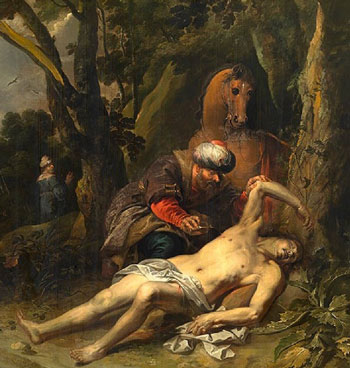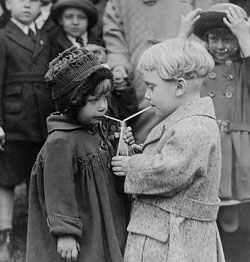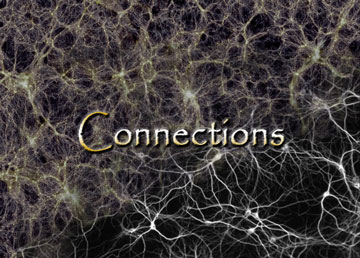
Nothing will end war unless the people themselves refuse to go to war. - Albert Einstein
Be the change that you want to see in the world. - Mohandas Gandhi
Wars are poor chisels for carving out peaceful tomorrows. - Martin Luther King, Jr.

Inns and Outs
First published December 18, 2019.
"Truly, I say to you, as you did it to one of the least of these my brothers, you did it to me." - Jesus of Nazareth.

Outsiders
One of the most popular parables of the New Testament is the tale of the
In the parable, Jesus tells the story of a man traveling from Jerusalem to Jericho who is robbed and left for dead. Two members of the priestly class see the suffering man but do nothing to help, not wishing to become "ritually impure". Eventually a Samaritan comes upon the man and, with a compassionate heart, binds the man's wounds, transports him to an inn and provides payment for his care. Through his actions the Samaritan shows that he is the one who is truly doing the work of God.
The origins of kindness

All that we are, this very life we have, flows from an extended family that reaches deep into the distant past. We all come into this life through the efforts of our parents, and they by their parents, and their parents' parents, helped through the ages by supportive brothers and sisters, caring aunts and uncles, and wise elder relatives.
Our family is our earliest connection to others. These are our kin, the very origin of kindness, both the word and the deed. From our family we learn to look beyond ourselves, to share, to care and to consider the needs of others.
Connections
Trace any family tree back several generations and you quickly find connections to dozens, hundreds, and eventually unknown thousands of other families. We are truly one human family, all linked together and dependent on one another, and increasingly so.
Poets, prophets and sages through the ages have commented on the connections among all peoples and even among all things. John Donne expressed this idea beautifully in the following poem:

Every man is a piece of the continent, a part of the main.
If a clod be washed away by the sea, Europe is the less,
As well as if a promontory were, as well as if a manor of thy friend’s or of thine own were.
Any man’s death diminishes me, because I am involved in mankind;
And therefore never send to know for whom the bell tolls; it tolls for thee.
Healing the divisions
Politicians rule by dividing. Wise men heal by unifying.
We live in a world artificially divided into us versus them. Unnecessary destruction, cruelty and death are tragedies whether they happen in foreign lands or in one's own home. Instead of division, let us be guided by
Further Explorations
Breaking free of harmful cultural practices and beliefs can be difficult. We explore these ideas further in the chapter Going Off Road in our free online book Beginner's Guide to Peace.
Picture Credits
The Good Samaritan. Detail from a painting by Balthasar van Cortbemde (1647). Public domain image downloaded from Wikimedia Commons.
Fifty-fifty. Photo by Herbert E. French (1922). Public domain photo downloaded from Wikimedia Commons.
Cosmic connections. Top left image shows distribution of galaxies, bottom right shows neurons. Image of galaxies is from the Max Planck Society's Supercomputing Center in Garching, Germany. Image of neurons is from Paul De Koninck, Cervo Brain Research Center. Composition by Andrew Lesko. An interesting documentary exploring the interconnectivity of the universe called "Inner Worlds, Outer Worlds" can be found here on Amazon.